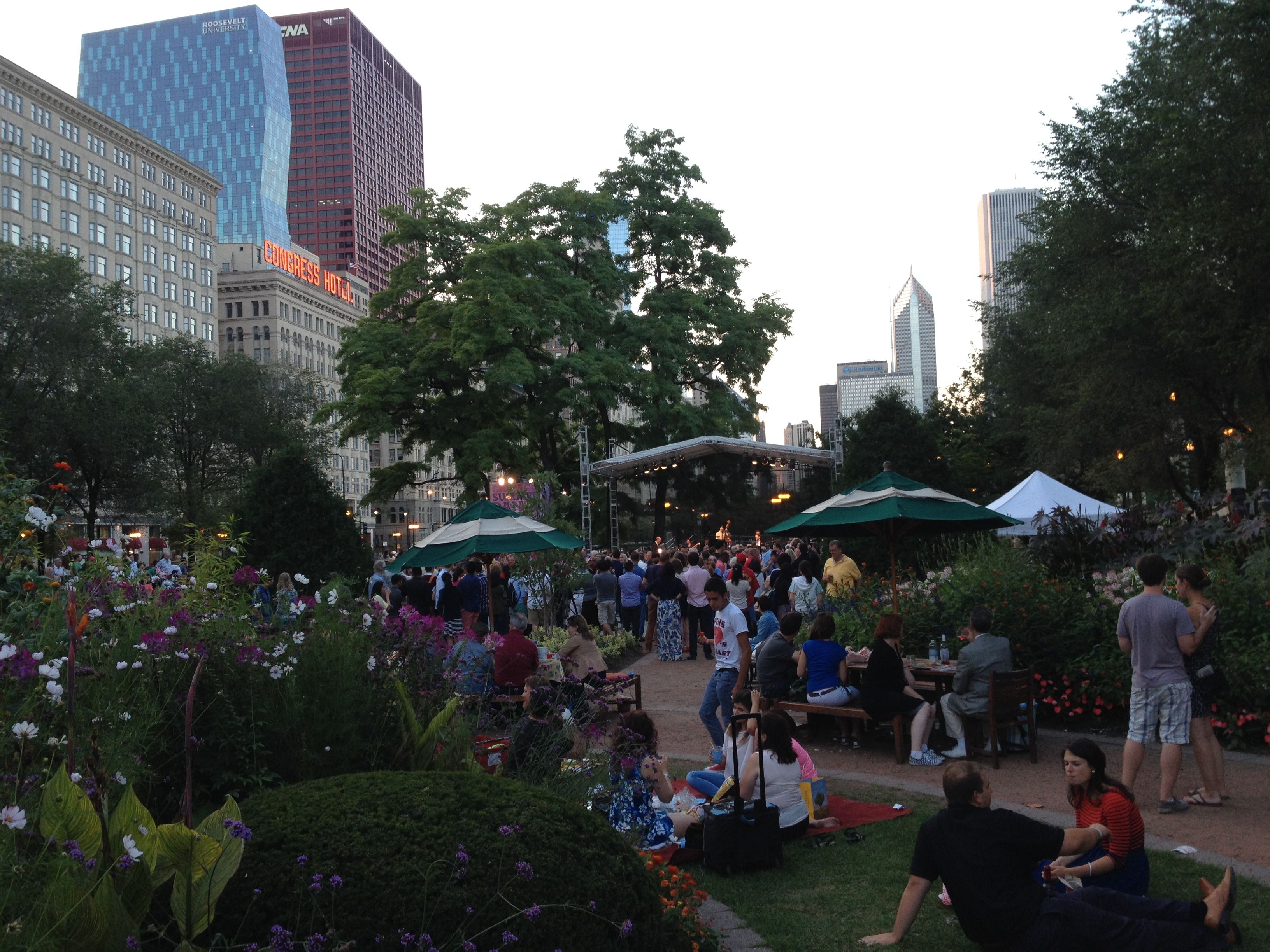Last week’s writing prompt was “Happy Camper.”. After explaining that the phrase is American slang for a happy, contented person, I asked the writers in my memoir classes to think of a happy time in their lives. “Picture the setting, where you were, the sounds, what it smelled like, the feeling in the air,” I said. “Show readers what it was about that time that made you feel so good.”
Writers can take my prompts any direction they choose. If they preferred focusing on the camp part of the prompt, they could write about being in the military, a camp they attended as a child, how it felt sending a child off to camp, or an experience visiting a camp somewhere.
Annelore took the prompt quite literally, describing how the Volkswagen Westphalia Camper Van she and her husband Roy bought in 1969 became a member of the family. Annelore interviewed the people who phoned her when, after 50+ years of service, her family finally put their beloved VW van up for sale. “One woman told me she’d be keeping it outside,” Annelore said, slapping the table in disgust. “Can you believe that?” The man in Indianapolis who passed the audition drove the VW back later to show Annelore and Roy — and their children and grandchildren — how he’d refurbished the van after his purchase. Seeing their treasured VW in such good shape made Annelore , you guessed it: a happy camper.
We heard stories of Girl Scout camp, of day camps, camping at national parks, camping on honeymoons, but the camp Brigitte attended was far different than any of the others.
Born in Czechoslovakia and raised in West Germany after World War II, Brigitte went away to camp in 1947, when she was only five years old. “In those post-war years, summer camp in Germany was provided free of charge to boost children’s health,” she wrote. . “There hadn’t been enough to eat, although my parents always provided for us children first. Still, all I remember from that first summer camp is all the food we ate.”
Other writers used the slang interpretation of “happy camper” to write about a time when all seemed right in the world. , I was especially moved by those who wrote about blissful moments in the here and now. Audrey wrote about hearing a TED Talk on the radio last week called Older People are Happier. She heard a lot of her own thoughts and feelings in what social scientist Laura Carstensen had to say in that talk. “She talked about how older people’s goals change as they get older, we are less bothered by trivial matters, we are more appreciative of positives, we don’t focus on failures, and we are relieved of the burdens of the future,” Audrey wrote. “As death comes closer, older people focus more on life…that’s what matters.”
Donna sees her 75 years of life as a crazy quilt she spreads out from time to time to study the patterns. “Sometimes I see periods of joy and sometimes unbearable sadness,” she wrote, conceding that the quilt can not be corrected and ripped out to obliterate the mistakes. “These are stitched in forever. And along with the triumphs, they are indelible, like it or not.” Donna says thinking of life as a crazy quilt protects her and provides a “layer of contentment.”
Lois will celebrate her 81st birthday at the end of this month and attends the same Summer Dance program in Chicago that Mike and I enjoy so much. For her “Happy Camper” essay she wrote of a blissful moment she experienced at Summer Dance just last week. I’ll say goodbye here, happy campers, and end with an excerpt from her essay:
Watching from the sidelines. I noticed a beautiful young dancer in a corner practicing tap moves. His concentration was total. I fall in love with anyone so totally absorbed in their art. His skill was professional and he was dressed as a dancer.
“I would love to dance with you if I can find a place to put my purse” I said, approaching. He indicated some bushes behind him, where he had his stuff.
Facing me, he looked into my eyes as he raised his hands to lightly engage mine. Contact, wonderful connection, sensing me and judging my ability through my hands and what they told him of my body. Serious and respectful. Where are you? What can you do? Do you understand this? A strong leader, comfortable, considerate – taking me with him. Making sure I had what I needed to respond. I have the swing vocabulary, but the most important elements in partner dancing are connection and lead and follow communication. As we gained confidence in each other, he began to smile and do shines. I didn’t try to copy but only to keep the time and be in the right place to support him. It was exhilarating,
At the end, I said, “Thank you, that made my evening. What is your name?”
“Mauricio”, he said. We shook hands and I walked away. His dark, intelligent face was not beautifully made, but his body and sensibility were eloquent. It was a blissful experience.

Thanks, Beth. Nice piece. Lois >
Thanks in great part for your generosity in letting me excerpt from your essay –gpood work, Lois!
_____
I LOVED this blog and watched the TED Talk which I thought was inspiring and supportive.
Leave a Response